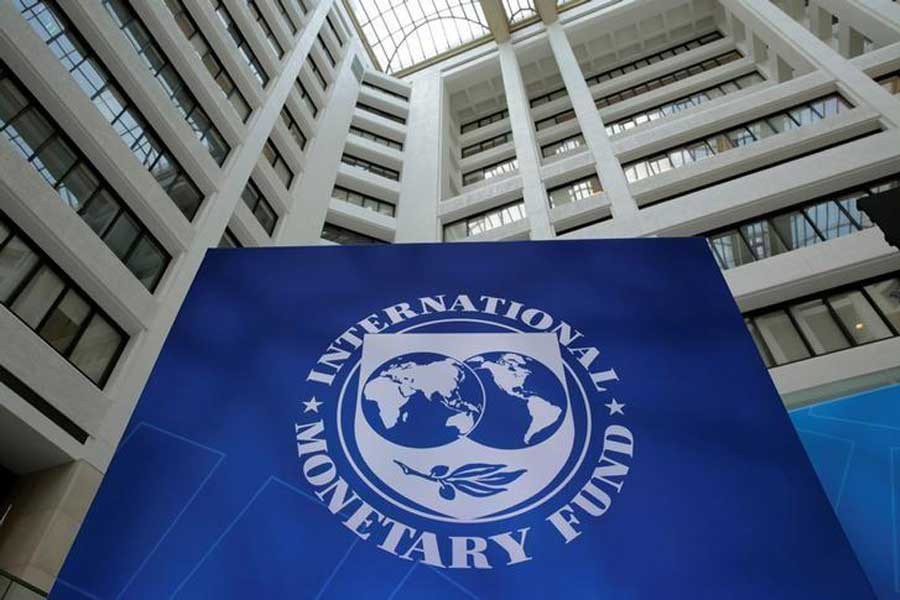Formal negotiations on the $4.5 billion loan sought by Bangladesh from the International Monetary Fund (IMF) are expected to commence soon. In fact, the process is already on with some initial talks, including meeting/s of the Bangladesh delegation led by the Central Bank Governor with IMF officials in Washington DC this week. An IMF mission is also expected in the country soon to kickstart the negotiations. Bangladesh had sought the loan as budgetary support to lessen its fiscal deficit. Of the $4.5 billion loan, Bangladesh sought $1.5 billion each for balance of payments and budget support and another $1.5 billion from the IMF's newly created Resilience and Sustainability Trust fund. The trust helps countries build resilience to external shocks and ensure sustainable growth.
The question that appears pertinent now is--- what are the issues that most likely will figure in the upcoming negotiations? Typically, it is the justification for the credit, and credit worthiness of the loan-seeker that come up first for the lender to consider, and then the conditions on the basis of which the loan deal can get through. Against the backdrop of a volatile consumer market, growing inflation, shrinking exports, declining forex reserve and fallout of the Russia-Ukraine war, Bangladesh's loan request must not be contentious. But what in return the lender is going to ask, besides repayment schedule? The local IMF office in Dhaka has apprised the media of some details on the matter which primarily include reform measures to discipline the country's financial sector and raise revenue collection. To increase revenue, there is the suggestion for simplifying and rationalising the VAT rate structure, modernising the revenue administration and building compliance risk management capacity through focusing on large taxpayers. The IMF also wants curbing the high non-performing loans in the banking sector, especially in the state-owned banks. Non-performing loans in the country's banking sector soared by 16.38 per cent year-on-year to Tk 1.03 trillion in 2021, according to Bangladesh Bank data. As a major reform priority, the IMF is also likely to suggest strengthening of corporate governance.
Some of these issues have already been raised in the meeting/s between the Bangladesh delegation and the IMF officials in Washington. These issues are likely to come up in the upcoming negotiation/s. According to observers, the IMF delegation will look into the impacts of the Russia-Ukraine war on the Bangladesh economy, the status of recovery from the global coronavirus pandemic and the government's subsidy programme. It is assumed that subsidy might constitute a critical space in the negotiation. Subsidy spending in the last fiscal year was 24.1 per cent more than the original allocation-due mainly to fuel and fertiliser price spiral in the global market. Whatever may be the nature and scope of the negotiations, it is only natural for Bangladesh to give importance to its socio-economic priorities. It is also important to reason out, if occasion arises, the circumstances that may have necessitated some key financial programmes, such as subsidy.


